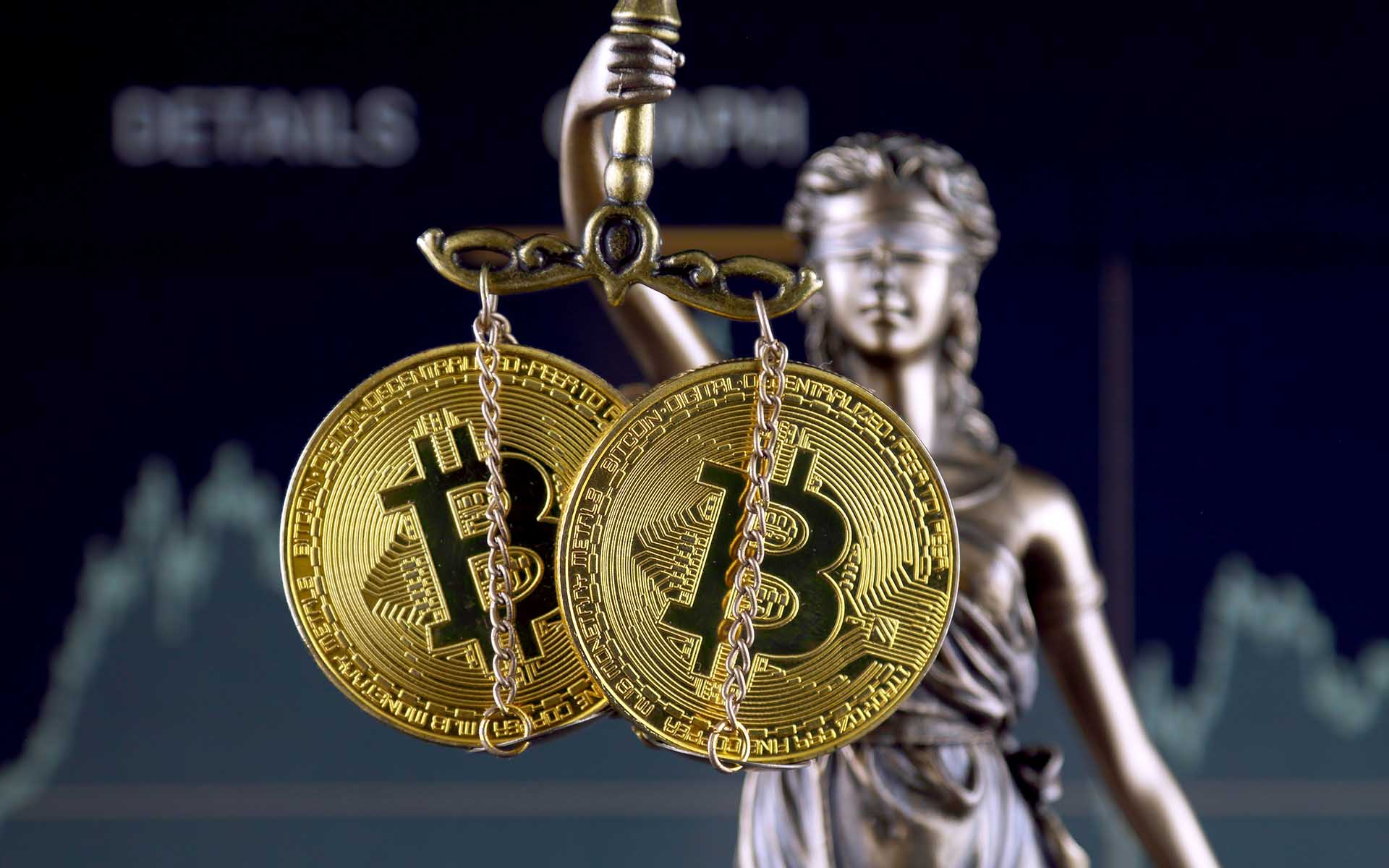Crypto Market Braces for Increased Regulation This September
05.09.2024 18:00 1 min. read Alexander Stefanov
Jake Chervinsky, Chief Legal Officer at VariantFund, has suggested that we might see heightened regulatory actions in the cryptocurrency sector as September ends.
U.S. regulators, including the SEC and CFTC, are expected to ramp up their enforcement efforts as their fiscal year closes on September 30. This increase in activity is often aimed at strengthening performance reports and preparing for budget discussions.
Chervinsky indicated that this period typically sees a surge in enforcement actions, although some in the crypto community believe the SEC might focus more on settlements rather than pursuing lengthy court battles.
Recently, the CFTC fined Uniswap $175,000 for illegal trading practices related to digital asset derivatives.
Amid these developments, there is growing pressure from crypto advocates for clearer regulatory guidelines to boost innovation and investment.
The upcoming elections could influence this, with candidates like Donald Trump showing support for Bitcoin, while Kamala Harris’s campaign has received crypto contributions but has not clearly articulated her stance on the issue.
-
1
Gemini Launches Tokenized MicroStrategy Stock for EU Users
28.06.2025 9:30 2 min. read -
2
Here is When the U.S. House Will Vote on Key Crypto Bills
04.07.2025 12:00 2 min. read -
3
U.S. Crypto Investors Hit by IRS Letter Surge as Tax Crackdown Looms
29.06.2025 11:00 3 min. read -
4
Ripple Drops Cross-Appeal, Moves to End SEC Case “Once and for All”
28.06.2025 12:30 2 min. read -
5
Europe’s Largest Euro-Denominated Spot Crypto Exchange Secures License Under MiCA
29.06.2025 12:00 2 min. read
Senate Confirms Crypto-Linked Nominee Jonathan Gould to Head OCC
The U.S. Senate has confirmed Jonathan Gould as the next head of the Office of the Comptroller of the Currency (OCC), moving his nomination to President Donald Trump for final approval.
Australia Tests CBDCs in 24 Separate Real-World Finance Use Cases
Australia is stepping up its digital currency efforts with the next phase of Project Acacia, a pilot focused on testing central bank digital currency (CBDC) and tokenized finance in real-world applications.
U.S. Treasury Eliminates Crypto Reporting Rule Targeting Decentralized Exchanges
According to Bloomberg the U.S. Treasury Department has officially eliminated a controversial crypto reporting requirement that targeted decentralized exchanges.
U.S. Lawmakers Target El Salvador With Crypto Sanctions Plan
Three Democratic senators—Chris Van Hollen, Tim Kaine, and Alex Padilla—unveiled a bill aiming to penalize El Salvador’s President Nayib Bukele and his allies.
-
1
Gemini Launches Tokenized MicroStrategy Stock for EU Users
28.06.2025 9:30 2 min. read -
2
Here is When the U.S. House Will Vote on Key Crypto Bills
04.07.2025 12:00 2 min. read -
3
U.S. Crypto Investors Hit by IRS Letter Surge as Tax Crackdown Looms
29.06.2025 11:00 3 min. read -
4
Ripple Drops Cross-Appeal, Moves to End SEC Case “Once and for All”
28.06.2025 12:30 2 min. read -
5
Europe’s Largest Euro-Denominated Spot Crypto Exchange Secures License Under MiCA
29.06.2025 12:00 2 min. read


